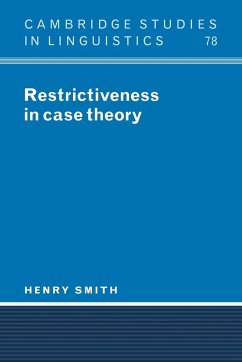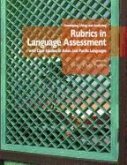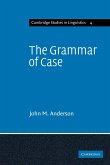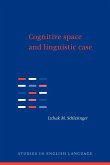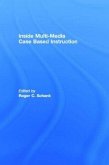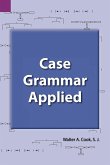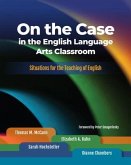Henry Smith develops a theory of syntactic case, examining its synchronic and diachronic consequences.
Henry Smith develops a theory of syntactic case and examines its synchronic and diachronic consequences. Within a unification-based framework, the book draws out pervasive patterns in the relationship between morphosyntax ('linking') and grammatical function. The theory proposed consists of three ordered constraints on the association of NPs and arguments, based on the central notion of 'restrictiveness'. Beginning with a detailed study of dative substitution in Icelandic, the author moves on to examine a wide array of synchronic and diachronic data and to construct a typology of case. Theoretically innovative and sophisticated, and descriptively wide-ranging, this book will appeal to all those interested in the cross-linguistic marking of case and the ways in which case systems may change over time.
Table of contents:
Acknowledgements; 1. Introduction; 2. Argument case and case alternations; 3. A typology of case systems; 4. Linker interactions; 5. Icelandic; 6. Changes in linking; 7. Case semi-preservation; 8. Conclusions; Notes; References; Index.
Hinweis: Dieser Artikel kann nur an eine deutsche Lieferadresse ausgeliefert werden.
Henry Smith develops a theory of syntactic case and examines its synchronic and diachronic consequences. Within a unification-based framework, the book draws out pervasive patterns in the relationship between morphosyntax ('linking') and grammatical function. The theory proposed consists of three ordered constraints on the association of NPs and arguments, based on the central notion of 'restrictiveness'. Beginning with a detailed study of dative substitution in Icelandic, the author moves on to examine a wide array of synchronic and diachronic data and to construct a typology of case. Theoretically innovative and sophisticated, and descriptively wide-ranging, this book will appeal to all those interested in the cross-linguistic marking of case and the ways in which case systems may change over time.
Table of contents:
Acknowledgements; 1. Introduction; 2. Argument case and case alternations; 3. A typology of case systems; 4. Linker interactions; 5. Icelandic; 6. Changes in linking; 7. Case semi-preservation; 8. Conclusions; Notes; References; Index.
Hinweis: Dieser Artikel kann nur an eine deutsche Lieferadresse ausgeliefert werden.

